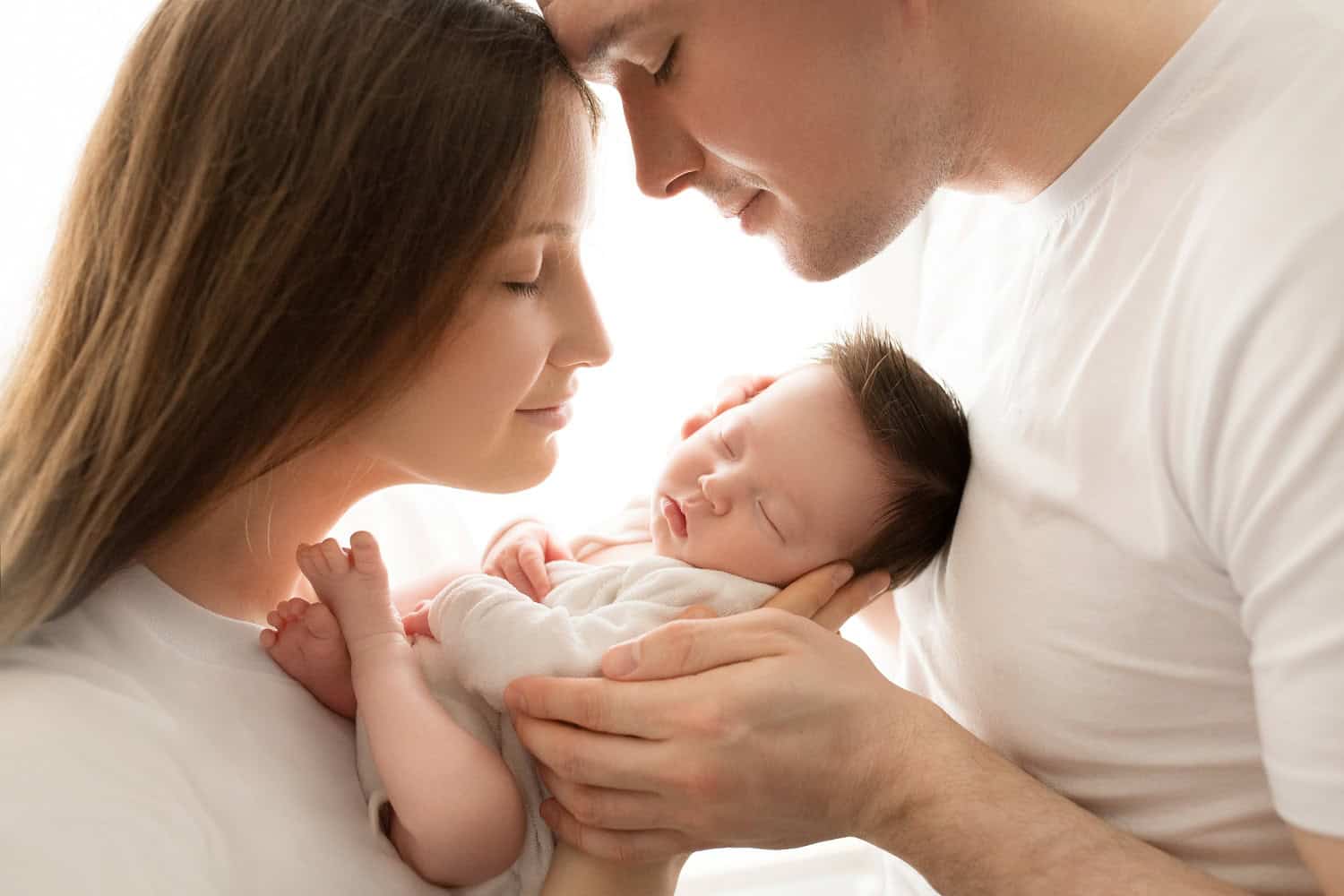Becoming a parent is a life-changing experience. From the moment you learn of your pregnancy, you start to view life differently. You imagine the birth, your child, what kind of parent you will be, and your hopes and dreams for your child.
However, no one ever prepares you for the challenges of parenthood—how difficult it can be sometimes. Parenthood is a significant shift. Such drastic change can upset the balance in your life. Sometimes reality is nothing like the joyful story you were counting on; the fantasy of cuddling with a sleepy newborn gets replaced by pacing the hallway at 3 am with a screaming baby. You become completely overwhelmed and wonder if you’re a good parent and can raise this baby.

We at Inner Peace Therapies understand the stress of parenthood and want you to know that you are not alone in how you feel.
If you are experiencing depression or anxiety during or after your baby is born, often referred to as PMAD, there are a few things we want you to know right away:
- You are not alone!
- You are not at fault!
- There is help!
We can help you to feel calmer, happier, and more confident as a parent.
Postpartum depression (PMAD) is a severe illness that can occur in the first few months after childbirth. It can also happen after a miscarriage and stillbirth as well. Postpartum depression is a common illness affecting 15-20% of mothers after giving birth. Postpartum Mood, Anxiety, and Depression (PMAD) is a term used to encompass depression and/or anxiety that occurs up to 1 year after childbirth. 1 in 5 mothers experience Postpartum Depression, and 1 in 10 fathers do. PMAD is temporary and treatable with professional help. It can happen to any woman, even mothers with other children who did not previously experience PMAD. Postpartum depression should not be mistaken for the “baby blues,” which usually go away within two weeks. The symptoms of postpartum depression can last for months. In rare cases, a woman may have a severe form of depression called postpartum psychosis. This is an emergency because it can quickly get worse and endanger her or others.
With proper treatment, you’ll be on your way to normal again. The sooner you get help, the sooner you will feel better.
Causes
The exact cause of PMAD is unknown, but some risk factors likely include rapid hormonal shifts after delivery, sleep deprivation, and the emotional changes of having a new baby. It can also be triggered by conflict in the family or couple, an unstable living environment, single motherhood, grief, trouble with breastfeeding or using the formula, birth trauma, lack of support from family or community, medical issues, or other stressors. Women with a personal or family history of depression or anxiety are at an increased risk. Untreated postpartum depression and anxiety can lead to poor attachment with the baby and difficulties with work and relationships.
Symptoms
These symptoms can occur in the first day or two after the birth, or they can follow the symptoms of the baby blues after a couple of weeks; they include:
- Depressed mood, anger, and irritability
- Sleep and appetite changes
- Lack of interest in the baby
- Feelings of guilt, hopelessness
- Frequent crying
- Anxiety or excessive worry
- Intrusive thoughts about the baby's safety
- Scary, repetitive thoughts about harm coming to the baby or yourself
- Trouble sleeping
- Feeling like you can't turn your mind off
- Panic attacks
- Fear of leaving your home with the baby
- Fear of leaving the baby in someone else's care

A woman who has postpartum psychosis may feel cut off from her baby. She may see and hear things that aren’t there. Any woman who has postpartum depression can have fleeting thoughts of suicide or of harming her baby. But a woman with postpartum psychosis may feel like she has to act on these thoughts.
If you think you can’t keep from hurting yourself, your baby, or someone else, see your doctor right away or call 911 for emergency medical care. For other resources, call:
- The national suicide hotline at 1-800-273-TALK (1-800-273-8255).
- The National Child Abuse Hotline at 1-800-4-A-CHILD (1-800-422-4453).
Treatment
At Inner Peace Therapies, we offer individual and couples therapy to help you recover and create an environment where you can flourish in all of your relationships. Treatment can include psychoeducation, compassion-focused therapy, trauma work, integrating balance and structure into one’s routine, self-care regimens, and healthy coping skills to decrease depressive symptoms and anxiety effectively. We will partner and work with you to create an environment where you can feel support and grow as a mother. Therapy may include getting your partner or other caregivers involved in the treatment. While your experience has a name, and many other moms experience postpartum depression, your experience is unique to you, and we work specifically to address your individual needs.
It takes a village to raise a child. We firmly believe that parents need a village too. With support, your needs can be taken care of. We at Inner Peace Therapies are happy to be part of your village to support you and help you recover, feel more confident, and less stressed.
